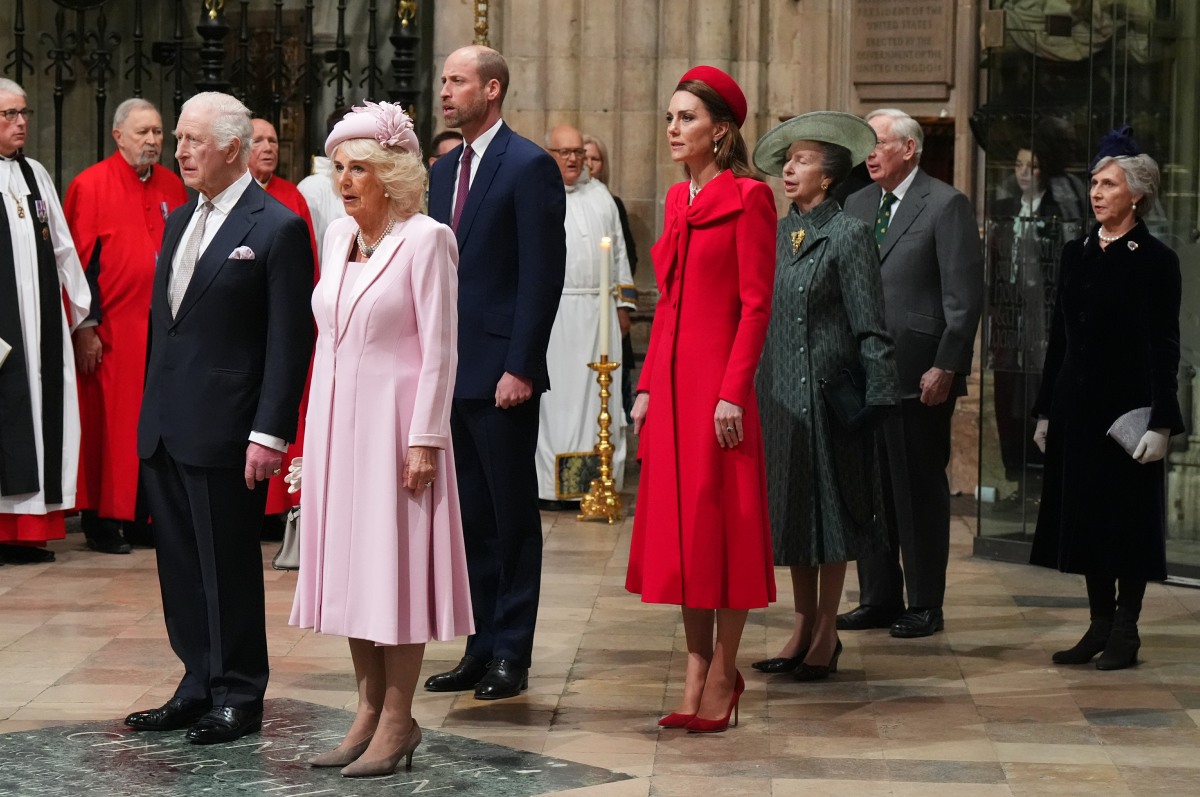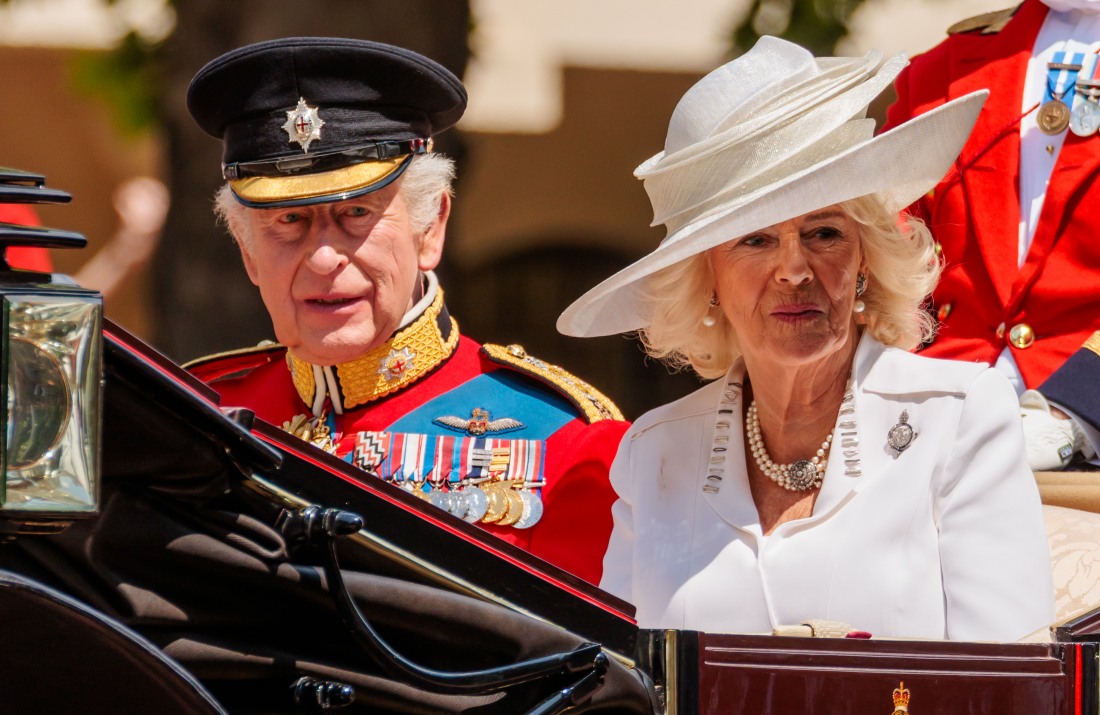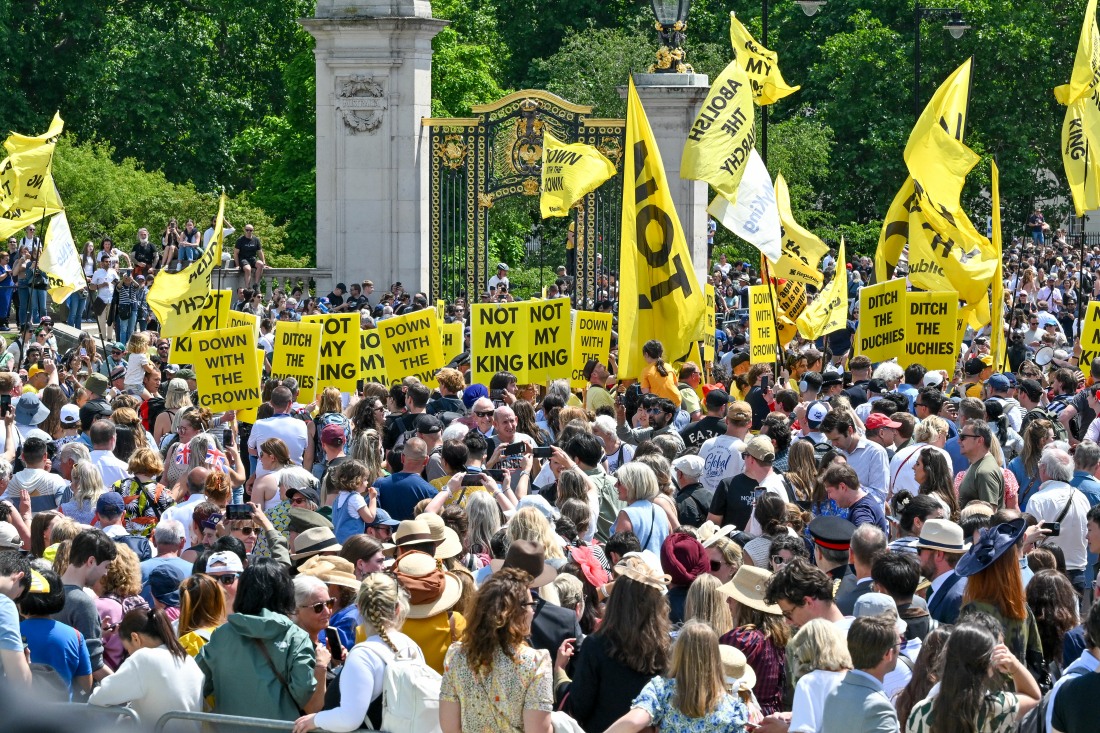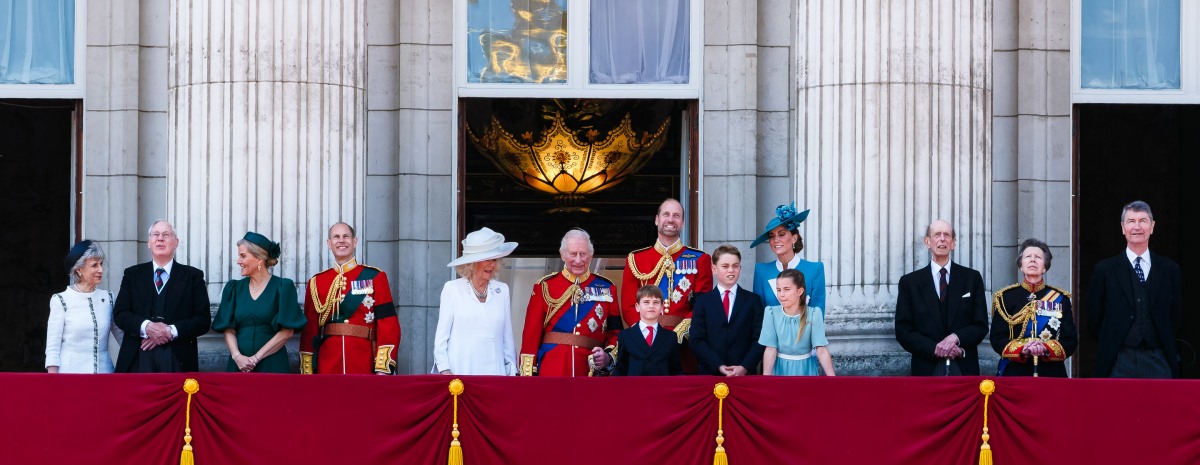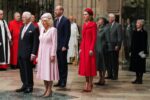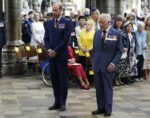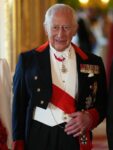Many have joked this week that the left-behind Windsors will need to commission at least a dozen emotional-support polls in the wake of Prince Harry’s wildly successful UK visit. Harry made them all look like what they are: prissy, dull, lacking in charisma, petty, jealous, unimaginative and lazy. Well, funny story. New polling numbers landed in the middle of Harry’s visit, and the numbers are really bad. Hilariously bad, one might say.
Support for the monarchy has dropped to its lowest level since records began, with backing for abolition growing five-fold, according to new research. When the National Centre for Social Research first asked in 1983 how important it was to have a monarchy, more than four in five people – 86 per cent – considered it “very important” or “quite important”. Its latest survey found that only half, 51 per cent, now take that view.
Meanwhile, the proportion who said the monarchy was “not very important” or “not at all important” has risen from one in 10 in 1983 to around three in 10. Support for outright abolition of the monarchy has also grown, from just 3 per cent in 1983 to 15 per cent.
Alex Scholes, NatCen’s research director, said the latest data showed how public opinion had shifted over four decades.
“Support for the monarchy is now at its lowest level since our records began, with more people than ever questioning its future,” he said. “At the same time, when asked to choose directly, a majority of the public still prefer to keep the monarchy over moving to an elected head of state. This tension, between declining importance and continued preference, will be crucial in shaping debates about the monarchy’s role in the years ahead.”
For the first time, NatCen’s British Social Attitudes Survey also asked the public to choose between keeping the monarchy or replacing it with an elected head of state. A majority, 58 per cent, said they favoured retaining the monarchy, while 38 per cent would prefer an elected head of state. But the research shows a sharp divide across age and political groups. While 59 per cent of those aged 16-34 preferred an elected head of state, three quarters – 76 per cent – aged 55 and over said they would support the continuation of the monarchy.
It’s worth noting that this seems to be above-board data gathered by the National Centre for Social Research, as opposed to a manipulated YouGov poll of twenty Tory seniors. While they aren’t discussing methodology or the time frame in which the data was collected, feel certain that the poll was probably happening as people learned that Prince William plans to NOT live in Buckingham Palace when he’s king, and instead plans to hide out in Forest Lodge and perhaps Zoom into his meetings with prime ministers. It could be that the British public feels like “hey, if the future king doesn’t give a sh-t, why should we?” Plus, people have a general awareness of the sorry state of the royal family these days. While Charles gets a lot of well-deserved sh-t, he’s pretty much the only person holding this enterprise together.
Photos courtesy of Avalon Red.
